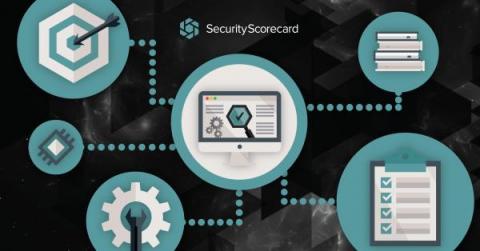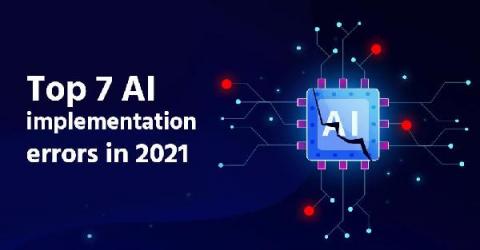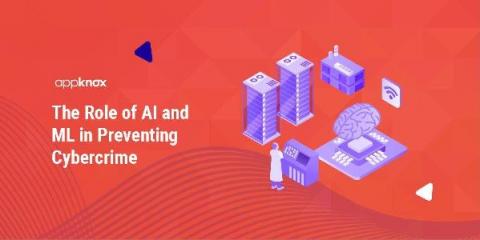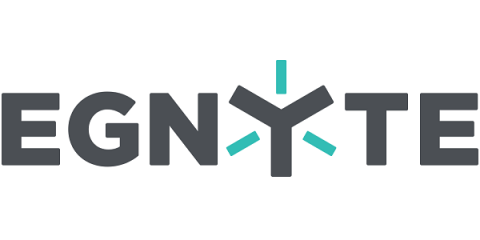Leveraging Artificial Intelligence for Impactful Cybersecurity
Artificial intelligence (AI) is reinventing the trajectory of cybersecurity and fighting with a double-edged sword. If harnessed correctly, AI can automatically generate alerts for emerging threats, detect new types of malware, and protect sensitive data. While it has advanced us into a plethora of new technologies -- think Siri, facial recognition, and Google’s search engine -- it has also probed us with significant threats from cybercriminals.









